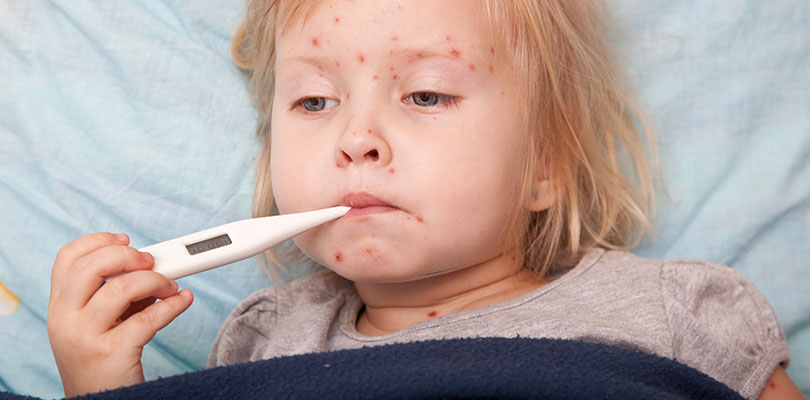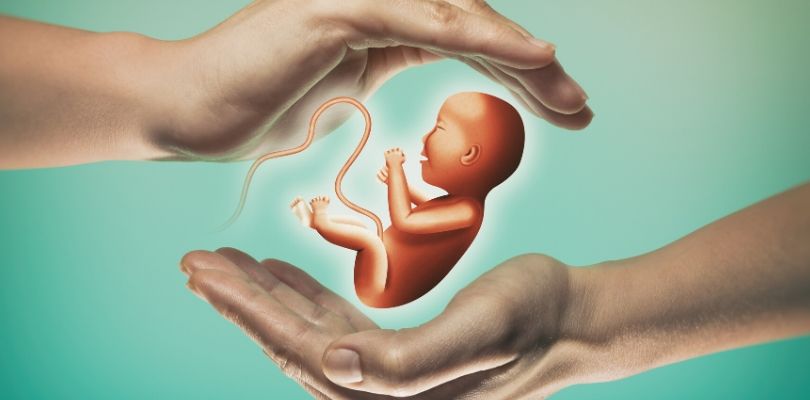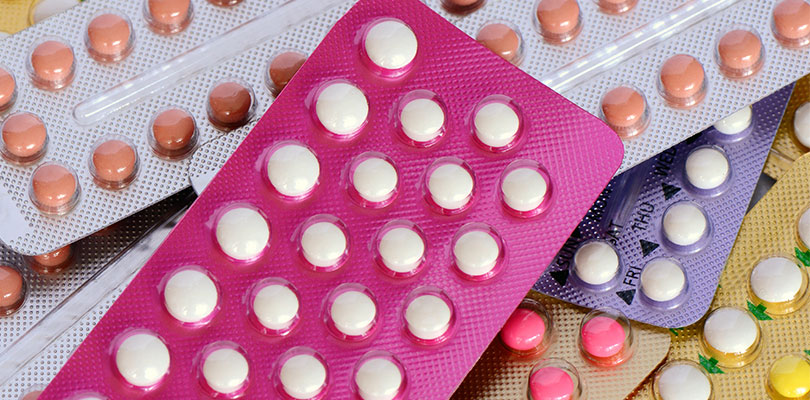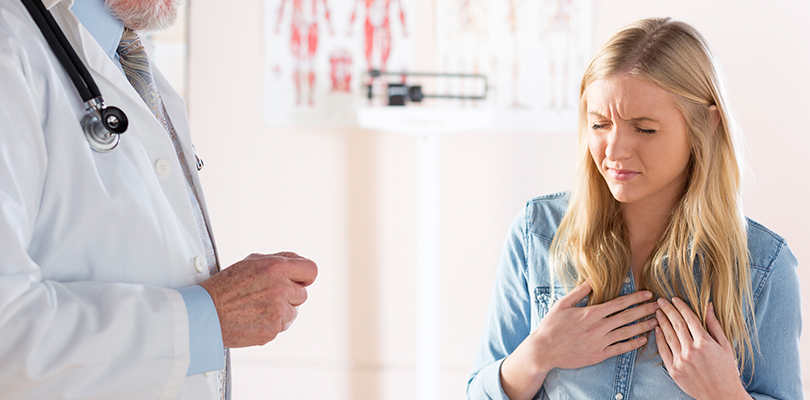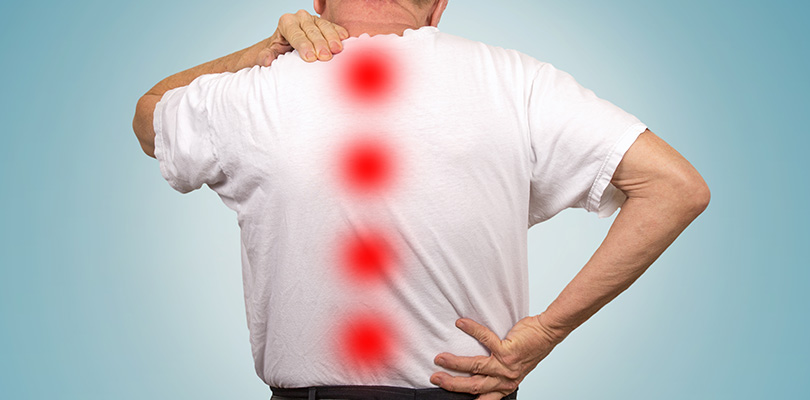All About HPV Vaccines
People are always looking for ways to protect themselves and their loved ones from preventable diseases. That much is simple, but in recent years, people are increasingly concerned about vaccines as well as the risks and rewards they offer.
Like vaccinations for measles, mumps, and other conditions, human papillomavirus (HPV) vaccination carries strong opinions from the public and doctors alike. The real question is if the HPV vaccine is right for you as an adult or for your children.
HPV Basics
Before you can make a decision about the HPV vaccination, it is a great idea to understand the virus and the problems it causes. HPV is much different from the viruses you may have encountered previously.
Although HPV goes by one name, there are over 100 separate varieties of the virus. Some are rather mild and create no symptoms, while others are potentially life-threatening.
Perhaps the most notable quality of HPV is how common the condition is. Currently, about 80 million people in the U.S. have some strain of HPV. The exposure is increasing with about 14 million more people becoming infected each year.
HPV Symptoms
Warts are the primary symptom of HPV. Warts may arise at various points throughout the body when the immune system is unable to stop the infection quickly enough.
The four types of HPV warts include:
- Genital warts – bumps that appear on the penis, scrotum, anus, vulva, or vagina
- Common warts – bumps that are on the hands and fingers, which can easily bleed or cause pain
- Plantar warts – hard and painful growths on the heels or balls of the feet
- Flat warts – only slightly raised, these warts commonly appear on the face and legs
People may have HPV infections for years and have no symptoms or only warts for very long periods. In time, though, HPV infections can trigger the development of several types of cancer like:
- Cervical cancer
- Penis cancer
- Anus cancer
- Mouth and throat cancers
Each year, HPV is responsible for nearly 34,000 cases of cancer; the most common one is cervical cancer.
HPV Infections
HPV is quite infectious, with many people acquiring the virus through a cut or tear in the skin. Generally, the virus is transferred from person to person by skin contact, including oral, anal, and vagina sex. Pregnant women with HPV risk passing the infection to their baby during birth.
When warts are present, a person may acquire the virus by making direct contact with the wart or by touching something that touched the wart. For example, someone stepping barefoot into a shower could contract the virus from another person who previously used the shower.
Caring for a child with chickenpox is a serious risk for any parent who has not had chickenpox before or who has not been vaccinated.
HPV Vaccinations
The Centers for Disease Control and Prevention (CDC) recommend HPV vaccinations for everyone starting at age 11. People who are vaccinated before age 15 need only two doses given six months apart. People older than 15 need three doses to receive protection.
With more than two-thirds of people having HPV at some point in their life, including almost all people who are sexually active, the vaccine can provide a tremendous service. With vaccination, more than 31,000 cases of cancer can be avoided.
HPV Vaccination Side Effects
Over 100 million doses of the HPV vaccination over the years have shown the drug to be safe and effective. Of course, like any other medication, the HPV vaccination has some side effects like:
- Pain, redness, and the chance of swelling where the injection was given
- Feeling dizzy
- Nausea
- Headache
These side effects seem to diminish quickly without issue. In some cases, adolescents may faint after receiving the injection, so they are kept at the office for a few minutes to ensure safety.
HPV Vaccine Controversy
Like other vaccines, some level of scrutiny accompanies the HPV vaccine. People may think:
- The vaccine is only a way for drug companies to make money
- Vaccinating 11-year-olds for a sexually transmitted infection (STI) is amoral and encourages sexual promiscuity
- Dangerous outcomes like intellectual disabilities are common after injection
In reality, none of these claims are true. There is no proof that the vaccine is unsafe or unnecessary. Though people may acquire the virus from sex, many other forms of skin-to-skin contact including shaking hands may result in the HPV infection. Therefore, calling the virus an STI is not entirely accurate.
The problem with these controversies is that any person believing the false claims will go against the advice of a medical profession and avoid the vaccine. By avoiding the vaccine, not only does the person put themselves and their children at risk, but they also risk exposing others in the population to the dangers of HPV.
HPV vaccines may not stop all infections, but it can prevent many and greatly lessen the risks of HPV-related outcomes.

